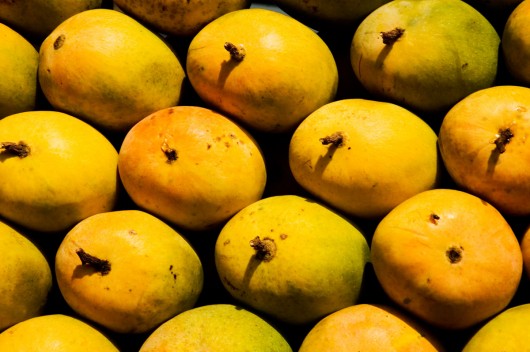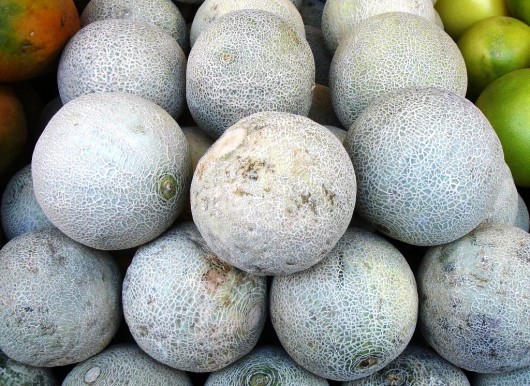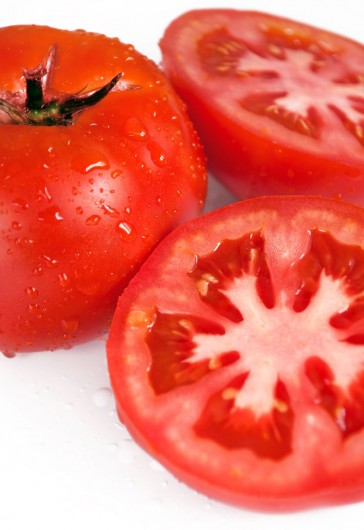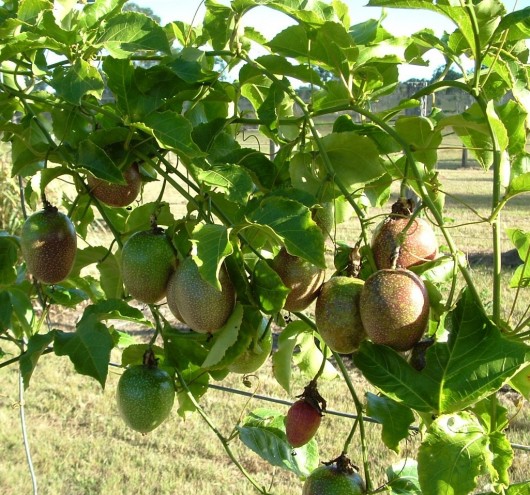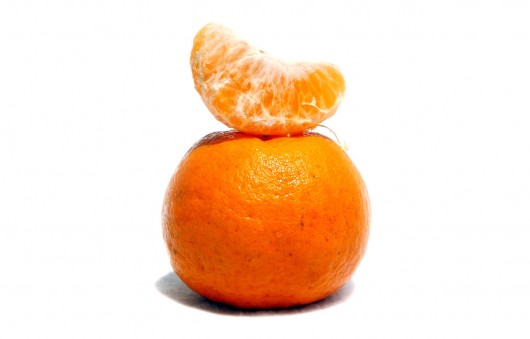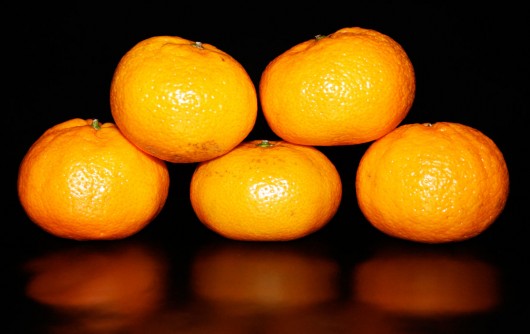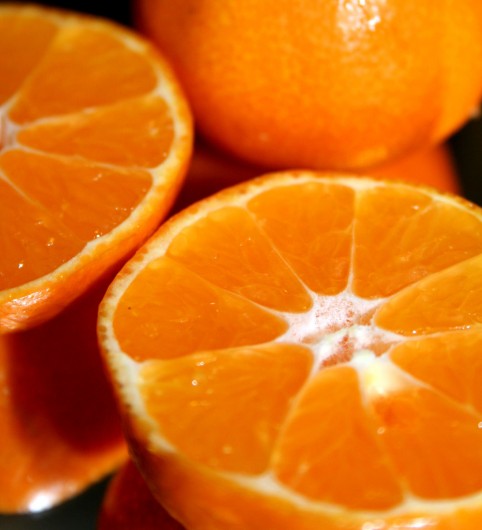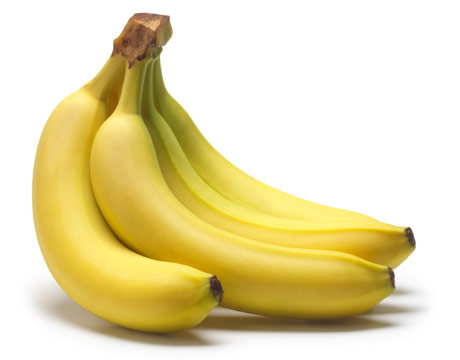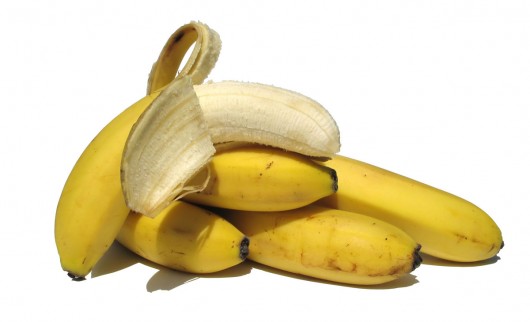As we get older, our energy begins to decrease and our vulnerability to illness increases. Our skin loses its elasticity, our heads lose hair, and our bodies gain fat, while we become more prone to arthritis, diabetes, memory loss, and cardiac problems. Aging is inevitable, but healthy food choices and exercise habits can help us extend our lives, and make us feel and look much younger.
This page is an entrance to the world of healthy foods that can and will help you stay younger, live healthier and longer life. It is the main anti ageing recipe that you should follow. Even though this website is dedicated to foods it is a whole lifestyle that brings the best results. So at the end there are also some pointer for what else can you do to slow down the ageing process.
After you read this page browse through other articles on this website that will give you more detailed insight into minerals, super green foods, superfoods, whole food vitamins, resveratrol, and other benefits of anti-ageing foods.
But first lets start with foods that you should include in your diet – vegetables and fruits…
VEGETABLES

If you are looking for the fountain of youth, look no further than your vegetable garden. Spinach, corn, kale, broccoli, beets, onions, eggplant and red bell peppers score highest on the antioxidant scale. Antioxidants protect our bodies against oxidation, or cellular damage caused by free radicals. Antioxidants have shown to be effective in the prevention of retinal diseases such as macular degeneration. Genistein, a substance found soybeans, fava beans and alfalfa sprouts, has been shown to inhibit the production of certain enzymes that activate the cancer genes. Cooking vegetables destroys much of their vitamins, antioxidant power, and nutritional value. Most vegetables are more nutritious raw than cooked. (Tomatoes being the exception, cooking them makes it easier for our bodies to absorb their nutrients.) Shop organic whenever possible, and eat vegetables within a week of purchase.
FRUITS

Getting the right enzymes and nutrients is vital for repairing the skin and stimulating cell turnover. As we grow older our bodies become depleted of their natural enzymes. Our cells gradually stop dividing and lose the ability to renew themselves, affecting every organ in our bodies, most noticeably, the skin. Fruits are loaded with vitamins, enzymes and antioxidants, which can help save our cells from aging prematurely.
Blueberries, blackberries, raspberries, strawberries, grapes and plums pack the most antioxidant punch for fruits. In addition, apples, pomegranates, strawberries, raspberries and grapes contain ellagic acid, a natural insect repellent, that has demonstrated the ability to hinder the development of tumors within the body. This is accomplished by its ability to reduce the enzymes in the body that are utilized by mutated cancer cells. Studies of the apple also indicated that the fruit stimulates the production of collagen, a necessary component in the skin for maintaining the smoothness and elasticity that is characteristic of a youthful appearance.
SUPPLEMENTS
For many of us, it can be difficult to maintain a wide variety of fruits and vegetables in our daily diets. Supplements, like vitamins C, D, A and E, or a good multivitamin can help fill in the nutrition gaps.
Vitamin C

One of the most commonly used supplements is vitamin C, found in oranges, kiwi, broccoli, tomatoes, papaya, and yellow and orange peppers. Vitamin C is an antioxidant essential for wound repair and tissue maintenance. Deficiency of Vitamin C leads to scurvy, depression, the formation of brown spots on the skin, and softened gums that can cause the teeth to fall out. Smokers who have diets low in vitamin C are at a higher risk of lung-borne illnesses than those who have higher levels of vitamin C in the blood. The recommended daily allowance for Vitamin C in adults is 75 – 90mg.
Vitamin D

Vitamin D is found in food sources such as fatty fish, eggs, and milk, and is also absorbed from exposure to sunlight thru the skin. New research on vitamin D appears to show an ability to prevent a myriad of cancers and other illnesses in people receiving significantly higher dosages than the common recommended daily allowance of 400IU. This new information has lead many researchers to believe that the majority of the population is deficient in Vitamin D, and they are not aware of it. Deficiency of Vitamin D can result in weak or misshapen bones, rickets, osteoporosis and osteomalacia. The best natural source of Vitamin D is the sun, but since the sun’s harmful UV rays can cause skin cancer and premature aging, supplementation is on the rise.
Vitamin A

Vitamin A is essential to the function of the reproductive systems, brain development, immune function, skin health, antioxidant activity, bone metabolism, and vision. Broccoli, carrots, kale, pumpkin, collard greens, and sweet potatoes are the richest food sources for vitamin A. High doses of vitamin A (isotretinoin) have been successful in treating severe nodular acne that is resistant to other treatments, because of it’s ability to reduce the secretion of sebum and the size of the sebaceous glands. Deficiency of Vitamin A causes blindness, impaired immunity, hypokeratosis (white lumps at hair follicles), and keratosis pilaris, while excess vitamin A has been shown to cause birth defects, headaches, hair loss, severe dryness of the skin, jaundice, blurry vision, and mood changes. The recommended daily allowance of vitamin A for adults is 4000IU.
Vitamin E

Vitamin E is a powerful antioxidant that is believed to significantly decrease oxidative stress and blood pressure, contribute to cardiovascular and prostate health, and boost immune response. Spinach, almonds, sunflower seeds and seed oils, collard greens, beets, tomatoes, pumpkin, sweet potatoes, and avocados are rich in Vitamin E. Vitamin E is commonly added to creams and lotions, as well as taken orally, to treat dry and aging skin. The recommended daily allowance of Vitamin E for adults is 400IU.
EXERCISE
Fitness is of utmost importance as we age. This doesn’t necessarily mean working out at the gym every day, but taking walks, cycling, dancing, and gardening are fun activities that help us stay healthy and mobile. A persistent sedentary lifestyle can lead to obesity, cardiovascular disease, osteoporosis, depression, high blood pressure, kidney stones, diabetes, and colon cancer. Maintaining muscular strength will improve posture, increase balance, and prevent the development of osteo- or rheumatoid arthritis and many other diseases linked to a lack of physical exercise.
FOODS AND SUBSTANCES TO AVOID
Fast foods and sodas are filled with empty calories that pack on weight, while providing little nutritional value to our diets. New research has also shown that a high-sugar diet deactivates our body’s natural antioxidant enzymes, leaving you more vulnerable to sun damage, and causing dull skin and wrinkles. Instead of drinking sugary sodas, try a nice antioxidant-packed green tea, sweetened with honey. Honey is a great natural sweetener that is high in vitamin C, niacin, riboflavin, and potassium and packed with amino acids.
Smoking has well known health risks, but did you know it causes accelerated aging second only to sun exposure? Smoking inhibits absorption of vitamin C and breaks down the supply of collagen to the skin’s structure. Smoking is also linked to early onset of menopause in women. Alcohol dehydrates the skin and inhibits the body’s ability to absorb calcium. Excessive consumption of alcohol can lead to liver problems, bone loss, weight gain and osteoporosis.
Junk food, alcohol, and other vices, like most things, should be enjoyed in moderation. Remember, it is far more difficult to reverse the signs of aging than it is to prevent it. Developing healthy food and exercise habits at a young age will help us look and feel younger, healthier, and happier well into our senior years.







